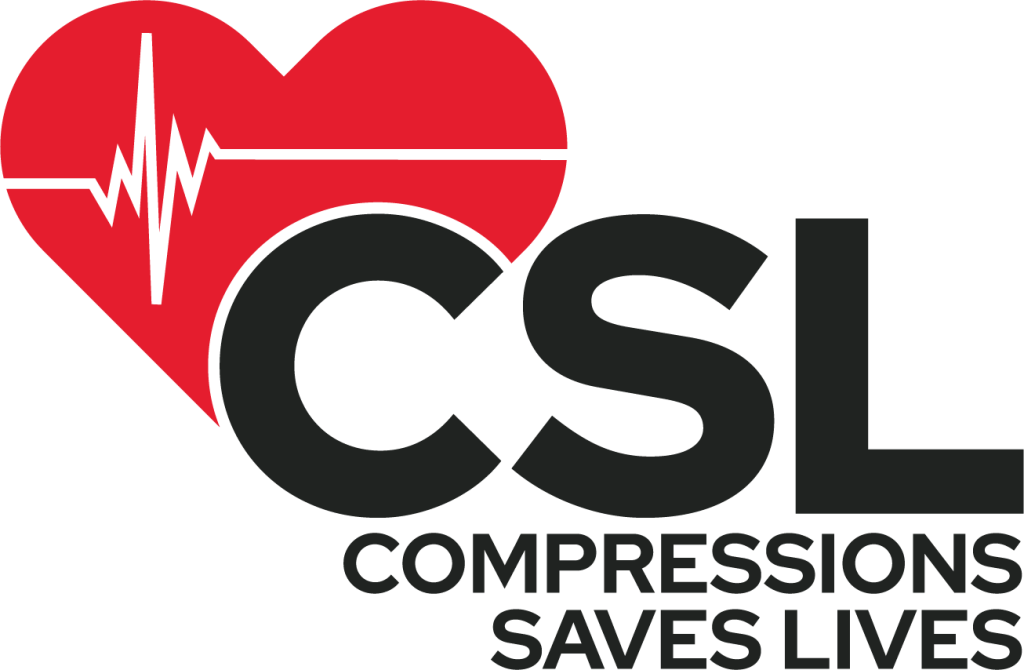Coaching youth sports is an incredibly rewarding experience, offering the opportunity to mentor young athletes and foster their growth, teamwork, and love for physical activity. However, the role of a coach extends beyond teaching skills and strategies. Coaches also bear a significant responsibility for the safety and well-being of their players. One critical aspect of this responsibility is being prepared for medical emergencies, including cardiac events. Knowing CPR can be a lifesaver in youth sports. Here’s why it is essential for youth sports coaches to be trained in CPR.
The Unexpected Happens
Youth sports are filled with high-energy activities, but they also come with the risk of unexpected injuries and medical emergencies. Cardiac arrest, although rare in young athletes, can and does happen. Conditions like undiagnosed heart defects or sudden impact to the chest (commotio cordis) can trigger cardiac arrest. In these moments, immediate action is crucial, and a coach trained in CPR can make the difference between life and death.
Immediate Response Is Crucial
When cardiac arrest occurs, every second without intervention reduces the chances of survival. The American Heart Association states that for every minute without CPR, the survival rate decreases by 7-10%. Coaches are often the first responders on the scene during practices and games. Knowing how to perform CPR ensures they can provide the immediate care needed to maintain circulation and oxygen flow until professional medical help arrives.
Protecting Young Lives
Youth sports coaches are entrusted with the safety of children and adolescents. These young athletes are often in the prime of their physical development but are not immune to health emergencies. A coach trained in CPR can quickly recognize signs of cardiac distress and take prompt action, providing an added layer of protection for the players under their care.
Promoting a Safe Sporting Environment
When coaches are trained in CPR, it sends a powerful message about the importance of safety within the sports community. It reassures parents, players, and fellow coaches that there is a prepared individual who can handle emergencies. This promotes a culture of safety and preparedness, encouraging others within the community to also seek out CPR training and other first aid skills.
Legal and Ethical Responsibility
In many states and sports organizations, CPR certification is not just recommended but required for coaches. This mandate underscores the recognition of CPR as a critical skill for anyone responsible for overseeing physical activities. Ethically, knowing CPR reflects a coach’s commitment to the highest standards of care for their athletes.
Building Confidence and Leadership
For coaches, being trained in CPR enhances their confidence in managing emergencies, enabling them to take decisive action when it matters most. This confidence extends to their overall leadership role, as players and parents trust that the coach is capable and prepared. In turn, this fosters a supportive and secure environment conducive to learning and enjoyment in sports.
Accessible and Easy to Learn
Obtaining CPR certification is straightforward and highly accessible. Numerous organizations, including the American Heart Association and the Red Cross, offer convenient training options. Many of these courses can be completed in just a few hours, either in-person or online. The simplicity and availability of CPR training make it an easy yet invaluable investment in a coach’s skill set.
Real-Life Examples
Stories abound of coaches who have saved lives thanks to their CPR training. These real-life heroes demonstrate the profound impact of being prepared. For instance, a coach in New Jersey saved a 12-year-old basketball player’s life by performing CPR when the boy collapsed during practice. Such incidents highlight the critical role coaches play in emergency situations and the importance of being ready to act.
Conclusion
As a youth sports coach, your influence extends far beyond teaching game skills and strategies. You are a guardian of the young athletes’ safety and well-being. Learning CPR is a vital part of this role, ensuring you are equipped to handle emergencies effectively. It’s a simple, accessible skill that can save lives and promote a culture of safety in youth sports. By getting CPR certified, you not only enhance your own capabilities but also provide invaluable peace of mind to the families and communities you serve. Make the commitment to learn CPR—it’s a small step with a potentially life-saving impact.
